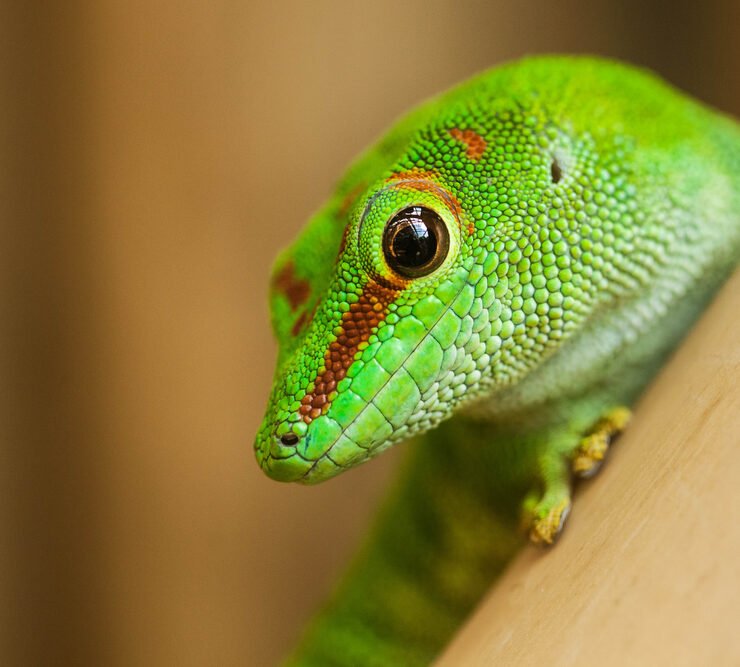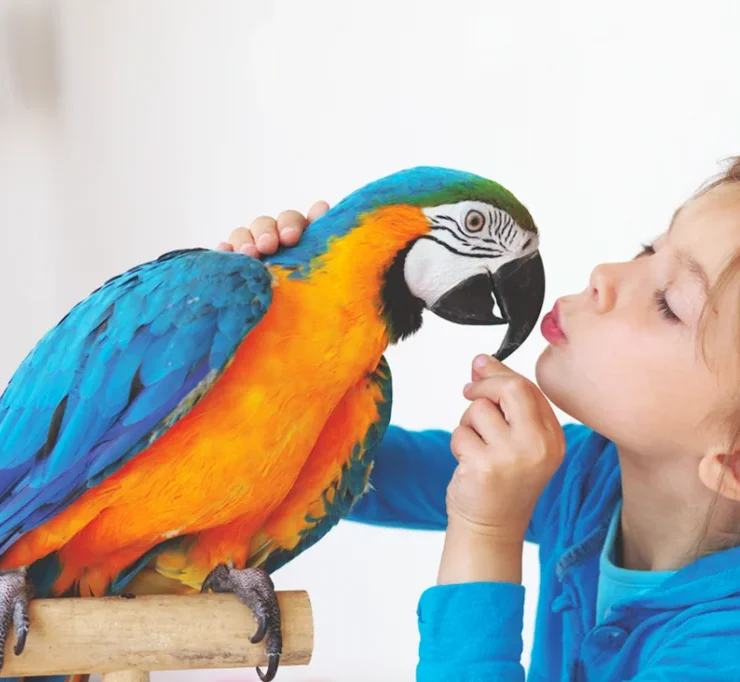From The Deep Seas To The Open Shores

Marine Mammals, commonly known as MarMals, are warm-blooded animals who spend most of their lifetime in water or who depend on water for survival. Today, many beautiful species of MarMals are nearly on the verge of extinction.
Yes, MarMals are mammals that live and survive in the seas and unlike fish, they breathe air and give birth. They nurse and protect their young and do not adapt to the temperature of their environment, instead they regulate their body temperature by using their thick layer of fat called ‘blubber’ to survive in very cold waters.
Like dogs, they do not perspire, instead they release heat through their body from their fins and flukes. They are social creatures that survive best in groups or pods, just like humans.

MarMals are divided into five groups: Cetaceans, Pinnipeds, Sirenians, Otters and Polar Bears.
Cetaceans include Dolphins and Whales. Pinnipeds are the Seals, Walruses, and Sea Lions. The Sirenians include the Manatees and Dugong.
Despite specialised laws against exploitation of animals, most species of MarMals are now endangered and some are on the verge of extinction.
Many organisations are working to protect them and several laws have been imposed to protect these magical
creatures from being exploited. One example is the Convention on International Trade In Endangered Species of Wildlife Flora and Fauna (CITES) that ensures the trade of wild plants and animals does not jeopardize the creature’s survival. Another example is the Convention on Migratory Species (CMS) whose aim is to conserve migrating animals.
MarMal ‘Stranding’
In contrast to humans, their breathing is not automatic. They control it. Hence, there can be cases where an animal is unwell and forgets to breathe and dies of suffocation. As a survival instinct, they come on shore for rest. On land, they do not have to worry about keeping afloat or maintaining their balance, and they can breathe freely, provided they do not forget!
MarMals can get stranded on shore due to a variety of causes, being ill is one of them. For example, dolphins breathe air and keep a conscious state of buoyancy and breathing, which means if they cannot stay afloat, they will drown when water enters their lungs.
Sometimes MarMals get stranded due to noise pollution caused by humans. They can lose their ‘echo location’ skill due to excessive noise. Often, predators like sharks and humans chase them to the shoreline.
The most alarming cause or MarMals getting stranded is pollution. News regarding sea animals getting beached due to oil spills is often heard but action is hardly ever taken to prevent it.
The animals can also get caught in fishing equipment, which leads to depletion of their stored oxygen levels. Consumption of harmful wastes like hooks and plastics is also a major cause of their death.
At times marine mammals get washed ashore during heavy seas or low tides. There are areas with wide sloping beaches that do not reflect accurate sonar pulses, their ability to navigate, so they miscalculate and get marooned. There are also areas known as ‘whale traps’ that have a funnel-like topography, such as estuaries, from where they cannot find their way out.
MarMals are social animals. A calf stays with its mother for more than a year, and if the mother gets stranded, the calf is likely to follow. Most cases of being stranded occur due to their close-knit social bond. When the alpha male gets stranded, the pod follows. They are likely to go back to the sea only when their leader dies.
What Can We Do?
Marmals face a lot of threats from nature and humans. Every human being has an affect on the oceans. There are many things we can do to help the creatures from extinction.
- Never pollute the sea. Always dispose off plastic bags and products in the recycle bin.
- Save energy. Don’t leave taps running and light bulbs switched on as the more carbon dioxide is released the more it affects the sea and causes ocean acidification, which is harmful to marine animals.
- Never leave the fishing line and equipment lying around after fishing.
- Volunteer for and donate to organisations working to help marine life in your country.
- Read about and understand the creatures and their needs more.
Share with us how you think we can help protect marine life. Comment below!






